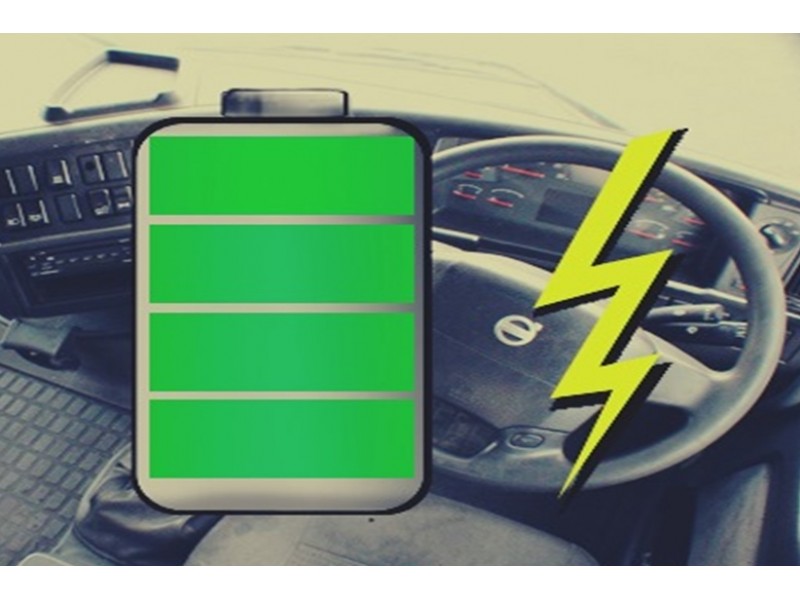Will an electric HGV ever really work?
Electricity is the fuel of the future. Or so we’re told. There’s no doubting the potential it has, and for this reason the investment car manufactures are making into it, but the fact is this; the range of electric vehicles is seriously affected by weight. Once you get above two tonnes, which is common for a car with lots of battery packs, range tails off.
For HGVs, which can tip the scales at over 44 tonnes, this isn’t good news.
This was proven when BMW deployed Europe’s first 40-tonne, fully-electric HGV back in 2015. With a maximum range of 100km (62 miles), it wasn’t exactly suited to long distance hauls. The truck was used to transport vehicle components between a BMW factory and Scherm’s logistics centre. It completed this journey several times for several months, and successfully too. The truck emitted no emissions and, according to BMW, would save 11.8 tonnes of CO2 per year. That’s a lot of CO2 saved, however the truck itself, despite being an amazing feat of engineering, cemented this very simple fact:
We have a long way to go before electricity is the ideal fuel for HGVs.
The problem engineers have is simple: Getting a truck with a weight over 40-tonnes to deliver the range offered by a conventional diesel engine. Truckers spend their life on the road, and can easily rack up 100,000 kilometres in a year. Truckers and fleet operators need vehicles that will deliver range so that they can deliver nationwide. Trucks powered by electricity right now have a range of 100-200km at best. If we were to ban all diesel trucks on the road today and replace them all with electric trucks with BMW’s concept’s range, the logistics industry would grind to a halt. Time, then, is electricity’s best friend; it’s going to take time to develop this technology into something usable. It is also going to take time for the British Government and fleet operators to adapt to electric HGVs.
So if electric HGVs are a long way off, what’s the solution in the meantime? Well, modern diesel engines are actually quite clean. They emit low CO2, but lots of NOx. Petrol engines are arguably cleaner, but they are less economical. The solution then would be something like the BMW i3 with a range extender; this vehicle has a battery pack and a petrol engine as a backup, to recharge the batteries. It delivers excellent mpg, and pretty decent range. If a HGV had this technology, it would be cleaner than what we have now.

 Up to 85% off RRP
Up to 85% off RRP
 24-48 hrs Delivery
24-48 hrs Delivery
 International
Delivery
International
Delivery